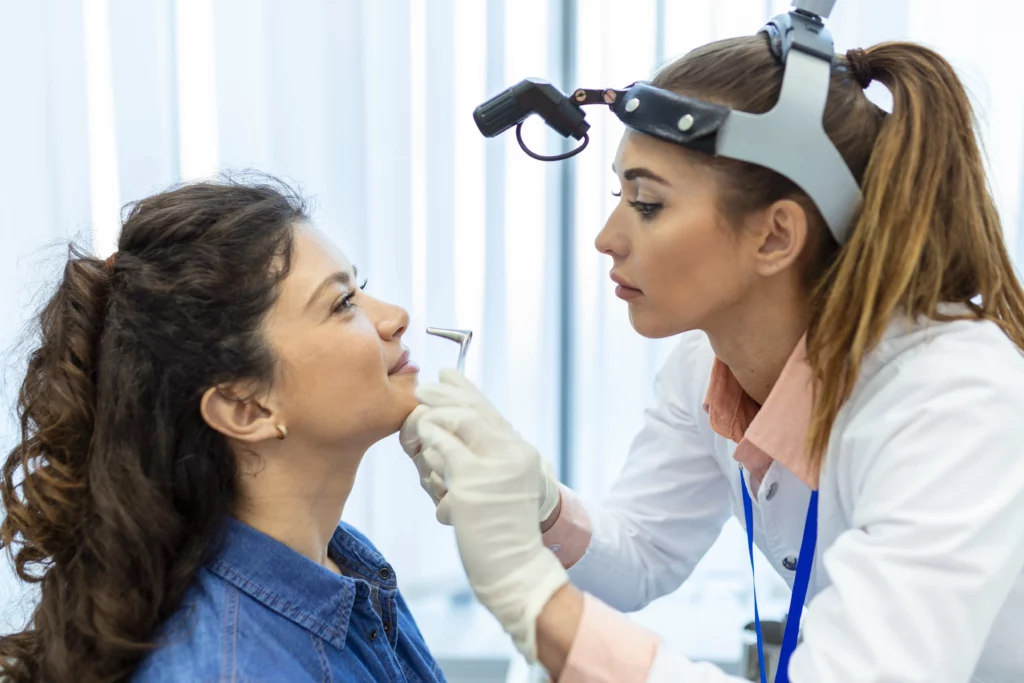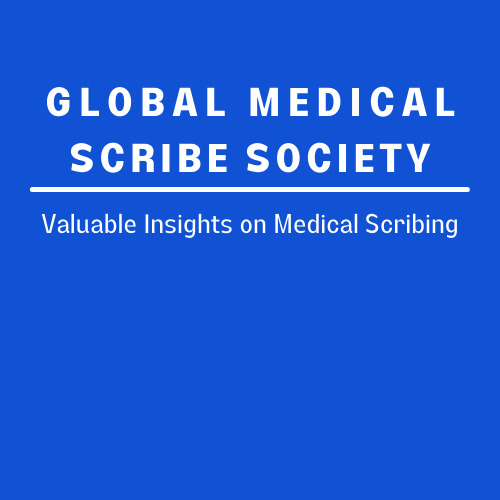
ENT & Allergy specialists provide comprehensive patient care, addressing conditions spanning ear, nose, throat, audiology, asthma, allergies, and immunology. As a result these specialists often contend with extensive work hours and a high patient caseload, a combination that can contribute to burnout. Moreover, the necessity to maintain meticulous documentation adds to the administrative burdens they shoulder. The unprecedented outbreak of the COVID-19 pandemic has further intensified the challenges, with more patients seeking the expertise of ENT allergists due to concerns of long-term viral complications. The resulting increase in patients necessitates tons of paperwork, thus tying the demands of patient care and administrative tasks together. Amidst this, the use of medical scribes emerges as a promising solution, allowing ENT & Allergy practices to balance patient and paperwork demands. This blog post delves into the pivotal role of medical scribes in enhancing the efficiency of ENT & Allergy practices.
Why ENT & Allergy Specialists Require Scribes
The contemporary healthcare landscape, marked by dynamic shifts and cutting-edge advancements in ENT & Allergy, has ushered in an evolving workflow for specialists. In the midst of busy clinic hours, an ENT & Allergy specialist spent greater time on non-clinical tasks, particularly documentation and insurance requirements. Electronic Health Records (EHRs) are notorious and require multiple clicks to execute even the simplest tasks. The growing “Click burden” is a source of frustration, a potential precursor to stress and burnout. Medical scribes emerge as a beacon of respite, alleviating physicians from the onus of data entry and documentation. This transformation augments clinic workflows, paving the way for heightened efficiency within busy ENT & Allergy practices.
Benefits of using scribes in an ENT and Allergy practice
ENT and Allergy specialists were looking for ways to reduce their time spent on documentation and reviewing reimbursements in order to provide patient-centered care while minimizing burnout. Medical scribes came to their rescue.
Various specialties have studied and analyzed the use of scribes both from a qualitative and quantitative perspective.
- In 2018 a study was conducted in an oncology practice where 33 physicians were paired with scribes. They found a 12.1% decrease in patient visit duration compared to visits without scribe support.
- A 2017 study conducted in a urology practice incorporating scribes observed that productivity as measured by both office E&M visits as well as total RVUs significantly improved.
- Another study reported that adding scribes in an emergency room improved physicians’ productivity and decreased the length of stay of patients. This study also showed a cost saving benefit to the hospital.
- Other specialties like cardiology noted an increase in physician satisfaction rates when using scribes.
Hence, it makes sense that ENT and Allergy clinics can also achieve similar benefits in patient length of stay, reduced cost per patient, and productivity gains. We can draw the conclusion that using medical scribes is one proposed way to reduce the data entry and documentation burden, while also enhancing efficiency of care.
Real-Life Experiences by Dr. Kevin McGrath
Let’s delve into the personal experience of Dr. Kevin McGrath, a specialist in adult and pediatric allergy, asthma, and clinical immunology who collaborates closely with ENT specialists to ensure quick diagnosis and comprehensive treatment for patients. Dr. McGrath, like many medical professionals, faced a daunting challenge with Electronic Health Records (EHR) that was driving him to frustration. The considerable amount of time he spent entering detailed chart notes into his patients’ electronic health records had become overwhelming. He ended up dedicating after clinic hours and even weekends to maintaining accurate and thorough documentation.
However, Dr. McGrath’s perspective underwent a significant transformation when he decided to incorporate the assistance of medical scribes into his practice. This change proved to be a turning point for the better. No longer did he find himself bogged down in data entry tasks, allowing him more valuable time to devote to his patients. Perhaps most crucially, he noticed a marked improvement in the quality of his documentation.
In essence, medical scribes play a pivotal role in freeing ENT and Allergy specialists from the burdens of extensive clinical documentation, enabling them to refocus on their core mission of patient care. The role of a virtual medical scribe involves real-time recording of patient visits directly into the EHR, all while the specialist conducts the examination. For Dr. Kevin McGrath, this approach translated into a more efficient and satisfying work experience. He felt notably more productive and capable of attending to a greater number of patients. Most importantly, he no longer found himself working late into the evening to complete notes or struggling to remember every detail of patient visits at the end of the day.
Now, you might be wondering how to hire the services of a remote medical scribe for your ENT and allergy practice. The answer lies in partnering with a reputable scribing service. Reputed companies boast a team of well-trained and certified scribes who are committed to delivering high-quality, accurate charts. This places the physician’s focus back where it belongs—on providing patient-centered care, rather than being preoccupied with EHR documentation.
